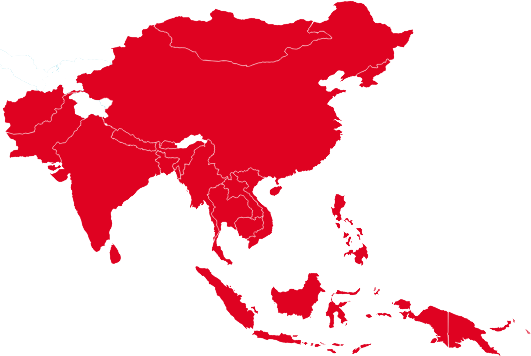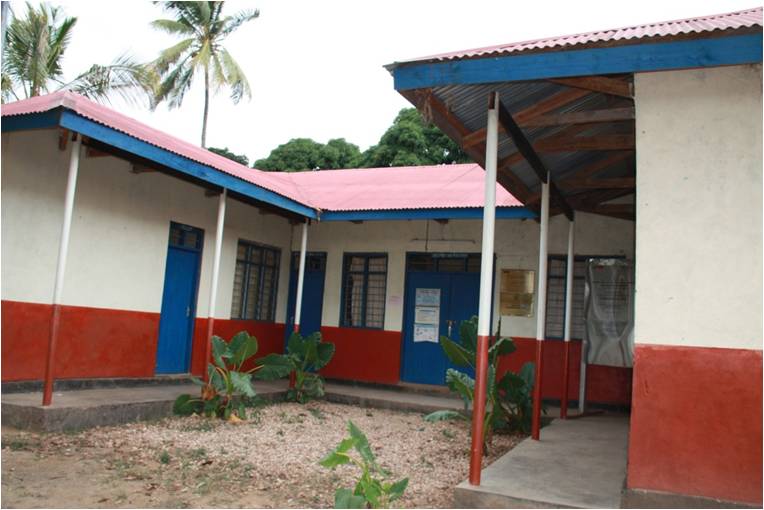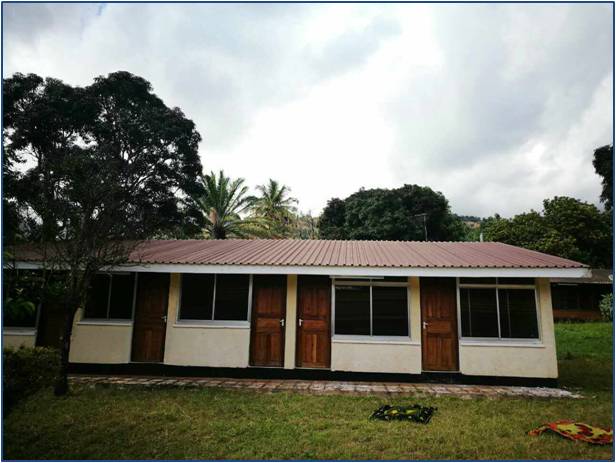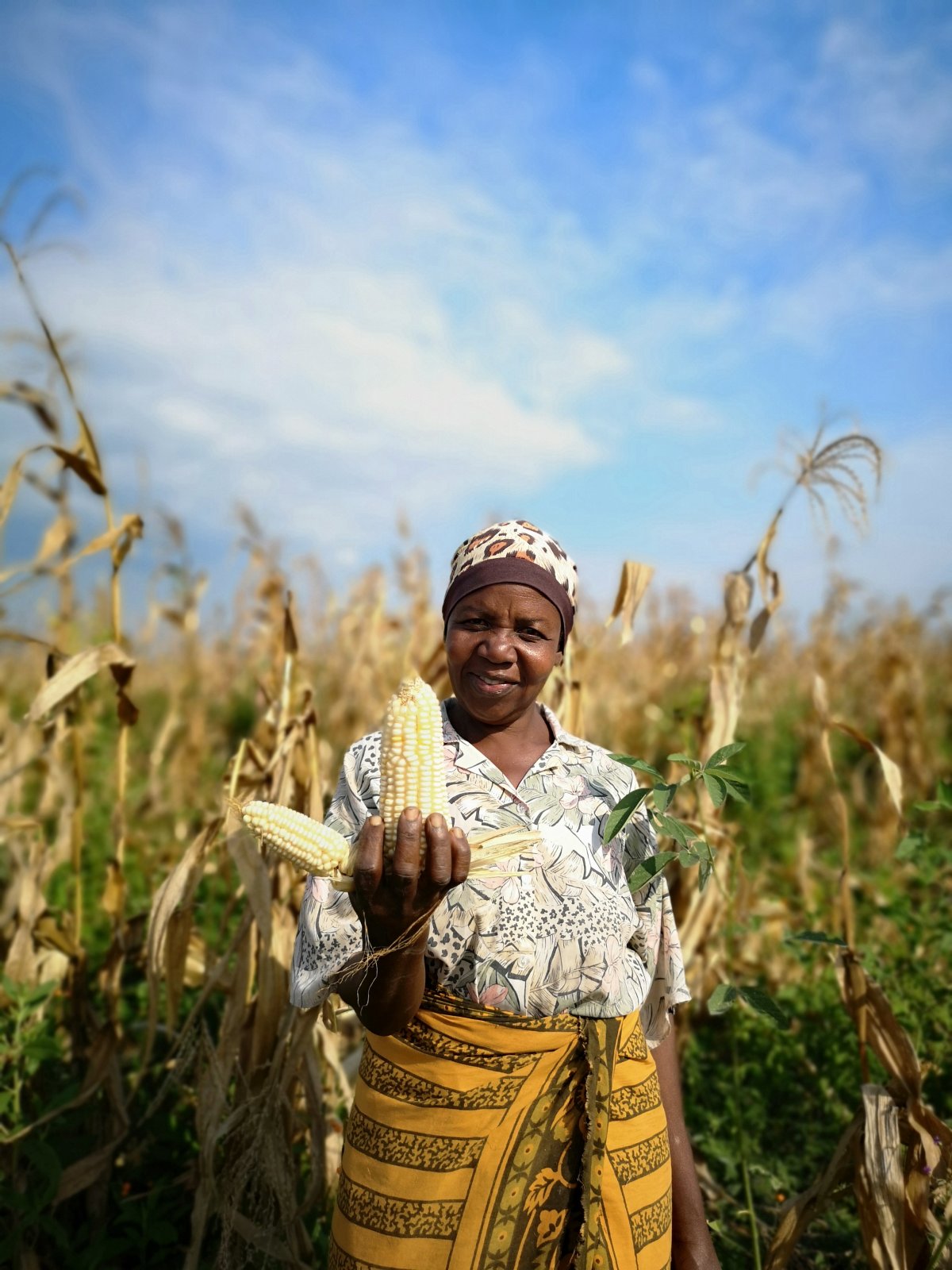College of International Development and Global Agriculture (CIDGA), China Agricultural University (CAU)
Type of Organization
academia
Type of cooperation
Capacity building, Policy dialogue, Knowledge exchange
Region
Asia and the Pacific
FIELDS OF EXPERTISE
International Development, Agricultural and Rural Development, Poverty Alleviation, South-South Cooperation
COOPERATION
Type of cooperation
Capacity building, Policy dialogue, Knowledge exchange
Current Cooperating countries
Tanzania
Potential Cooperating Countries
Tanzania and other African countries, BRI countries
South-South and Triangular Cooperation
Summary of Projects and Achievements
Based on decade-long studies and practices of CAU in the Global South, CIDGA is committed to promote think tank research, policy dialogue, overseas demonstration and talent cultivation on international development, agricultural development and poverty reduction in China. Projects and achievements are as follows:
1. Edge-cutting research of SSC. CIDGA’s research fruits on South-South Cooperation (SSC) have been published at UN headquarters, on the 10th Anniversary on of China-FAO SSC High LevelConference, and in journals with the highest impact at home and abroad. Policy recommendations have been frequently approved by top leaders in China, or adopted by ministries or departments.
2. High-level international talents cultivation. Based on the urgent needs of national strategy and international development, CIDGA has been nurturing talents in new South-South agricultural cooperation. Being the “Innovation and Practice Base for Cultivation of Global Competitive Talents” authorized by China Center for International People-to-People Exchange, Ministry of Education (MOE), “Regional and National Research Center” of MOE, and “Core Think Tank of China International Development Cooperation Agency (CIDCA). The “Research Center of Tanzania and East South Africa” has been listed as “Registered Regional and National Research Center of Higher Education” of MOE. CIDGA have actively promoted the independent establishment of the secondary discipline of International Development Policy and Governance, and will steadily promote the cultivation of high-level global competent talents, increasing cross-disciplinarity in international development and global agriculture. In addition, with the support of ministries and departments, the United Nations, and other international institutions, CIDGA promotes capacity building and foreign aid training of agricultural leaders in the Global South, especially youth leaders, managers and S&T top talents, both at home and abroad, through “Bringing In” and “Going Global”.
3. Policy dialogue on international development & SSC. CIDGA initiated and hosted a series of public lectures on “China and International Development”, “Insights on SSC/International Development Cooperation”, “Forums on Development Knowledge”, “China-South-Asia-Southeast Asia Rural Revitalization Forum”, etc. Till now, senior experts and world-known scholars from the World Bank (WB), the United Nations Office for South-South Cooperation (UNOSSC), Manchester University, etc., have been visiting lecture fellows here, engaged in various policy dialogues, academic exchanges and experience sharing activities of “going global” and “bringing in”. International exchanges among global researchers, policy makers and practitioners have upgraded CIDGA’s global impacts on policy-making, academic research, and social communities.
4. Overseas demonstration of China’s development experience. CAU has been taking a root in Tanzania for years. By sharing China’s experience, it has presented the agricultural technology with Chinese characteristics without reservation. Maize yield of two pilot villages have by doubled or tripled. To make more local farmers benefit from China’s development experience in a wider range, CIDGA, with support of CAU and Bill & Melinda Gates Foundation, based on preliminary work in the past 3 years, carried out “Thousand Households’ 10,000 Acres” Demonstration Projects of Maize Yield Increase in Morogoro region of Tanzania. The overall goal of the projects is to increase local staple food production and farmers’ income by sharing “two kinds of experience” in China’s agricultural development. Namely, agricultural development-oriented public policy-making and labor-intensive agricultural technology.
Major SSTC Projects
1. Tanzania Village-Level Poverty Reduction Center Project.
The project was first initiated by China International Poverty Alleviation Center (IPRCC) and Tanzania Presidential Office Planning Committee (POPC) and undertaken by Prof. Li Xiaoyun and his research team. It was officially launched in Payapaya Village, Ludaiwa County, Kilosa District, Morogoro Region, Tanzania on July 26, 2012. It was the first village-level poverty reduction learning Center established in Africa by China. It aims at sharing labor-intensive and intercropping demonstration technology of maize and Pigeon pea planting, adopted by small farmers in early stage of China’s agricultural development without much money. Through the village-level poverty reduction demonstration and learning center (Cun Gongshe, Public Office of Village), China development experience has been diffused to Tanzania and even the whole Africa.
Prof. Li and his team provided comprehensive technical support and participated in the whole process of the project. The average produces of participant farmers have doubled or tripled. At present, with the support of the Ministry of Science and Technology (MOST), P. R. China, another Cun Gongshe has been built in Mtego Wa Simbar village of Morogolo. At the same time, with the financial support of China’s Embassy to Tanzania, the Capital City of Dodoma is going to set up a Cun Gongshe, planning to demonstrate and marketalize drought-resistant agricultural products. The village also becomes bases of practical teaching and field research for CAU faculty and students with disciplinary background of international development. Every year, many undergraduates, MA and PhD candidates, teachers and researchers have been stationed there.
2. China-Tanzania Agricultural Development Joint Research Center.
As a two-year (Aug. 2013-July 2015) project under the framework of “S&T Assistance Project for Developing Countries” of MOST, CAU and Sokoine University of Agriculture (SUA) in Morogoro region were the main players for implementation. At present, the Center’s workplace of 400 m2has been renovated. Experts in agronomy, animal husbandry, resources and environment of both CAU and SUA have carried out exchange visits. Prof. Wang Huaqi conducted 2 rounds of seeds tests of dry rice. CAU received about 10 members of faculty from SUA for short-term training and long-term degree education.
CAU team members had interviews with the former President and Premier of Tanzania, and established close ties with Tanzanian ministries, local governments, universities and Chinese Embassy in Tanzania. Research and practices have been widely recognized and acclaimed.
In future, with support from the municipality of Morogoro, it is planned to extend the maize labor-intensive technology to thousands of households, so as to accomplish 3 missions:
1) To establish sustainable mechanisms for practical agricultural technology transfer from China to Tanzania;
2) To develop agricultural intensive technology and introduce new varieties to households, so as to establish “university-local government-farmer” tripartite cooperation mechanisms for agricultural development.
3) To build the Center into Tanzania’s agricultural development think tank.
3. “Thousand Households and 10,000 Acres” Project.
Supported by the Bill and Melinda Gates Foundation and China-SSC Assistance Fund, this project is jointly implemented by CAU and SUA in Morogoro Region, with a duration of 4 years (Oct. 2017-Oct. 2021). Based on the past decade’s exploration, the project further explores community-based poverty reduction model, which takes labor-intensive technology sharing as the core for agricultural technology transfer. By sharing 2 kinds of experience of Chinese agricultural development--simple and practical labor-intensive technology, and agricultural development-oriented public policy-making. Willingness serves as the most sustainable driving force for Tanzania’s agricultural development and poverty reduction. The project mainly involves 1,000 households and 10,000 acres of land in 10 villages of 7 counties in Morogoro region.
During the project implementation, Secretary Jiang Peimin and President Sun Qixin visited Tanzania for many times. Leaders and technical experts from all walks of life in Tanzania also visited the communities. This Demonstration Center in Tanzania is also one of the 12 Overseas Agricultural S&T and Demonstration Centers set up by CAU. It is an important platform for CAU to construct a world-class university with Chinese characteristics and agricultural characteristics, under the 14th Five-Year Plan and the 2035 Long-Range Objectives of CAU. It is also an important foundation for the construction of world-class universities with Chinese characteristics and agricultural characteristics, which is also the footing stone of developing the new discipline of “global agriculture” in the New Era.
4. “Small Technology, Big Harvest” Best Agricultural Promoter Competition.
National relations are maintained by people, and human relations are connected with hearts. As proposed by President Xi Jinping in the forefront of Tanzania, to better implement the spirits of the African visit of Wang Yi, State Councilor and Minister of Foreign Affairs (MFA), CIDGA upgraded partnership reflects China’s desire to forge relations with Africa based on sincerity, real results, friendship, and good faith, and to serve the greater good.
On the basis of over 10 years of submergence in Africa and grass-roots construction of Tanzania’s livelihood projects, CIDGA held the Best Agricultural Promoter competition on “Small Technology, Big Harvest”. The competition was jointly organized by the municipality of Morogoro, Tanzania, CIDGA, CAU, and SUA. The Chinese Embassy in Tanzania also provided strong support. The competition aims at commending ten of the best agricultural promoters who took root in the locality, serving African farmers and improving local livelihood. Tanzanian and China’s mainstream media, and the SSC Alliance Network made comprehensive reports on the competition.
5. Global Talents Cultivation Project.
In 2020, CIDGA’s China-Africa “1+1” Agricultural Cooperation Project was officially launched. The project combines China’s development experience with international agricultural practices. It is an international project to cultivate global competent talents in agricultural governance and to promote SSC. CIDGA enrolled 17 overseas students from 6 African countries, namely Sierra Leone, Malawi, Tanzania, Ghana, Rwanda and Uganda, all of whom have entered the 2nd semester. At the same time, the new round of enrollment of 2021 has entered the stage of candidate registration.
Since its establishment, CIDGA has attached great importance to agricultural training projects, to serve national agricultural development strategy, and actively cooperating with relevant ministries and agencies, including the Ministry of Commerce (MOFCOM) and International Poverty Reduction Center in China (IPRCC), to undertake a number of foreign aid training projects. In 2018, CIDGA undertook a short-term multilateral foreign aid training session for Tanzania and other foreign countries on Agricultural Policy and Planning in China. In 2019, it was authorized by the Foreign Aid Training Center of MOFCOM as the sponsor of Kazakhstan Modern Agricultural Development Training Sessions (postponed due to the COVID-19 epidemic). Besides, CIDGA, together with WB, UNOSSC, UNFAO, UN World Food Program (WFP), and International Fund for Agricultural Development (IFAD) and other strategic partners, launched BRI/SSC Agricultural Youth Leaders Program twice in China, aiming at providing a public stage for representatives from the Global South to share China’s experience. Most of the training sessions have received favorable feedback.

College of International Development and Global Agriculture (CIDGA), China Agricultural University (CAU)
Superior Authority
China Agricultural University (CAU)
Type of Organization
academia
Address
17 East Tsinghua Road, Haidian District, Beijing, 100083, P. R. China
Website
http://cidga.cau.edu.cn/Contact
Name: Lai Yiqiong Division: Manager of International and Publicity Affairs, CIDGA Office Tel: +86-10-62737590 Fax: +86-10-62737590 Email: [email protected]




